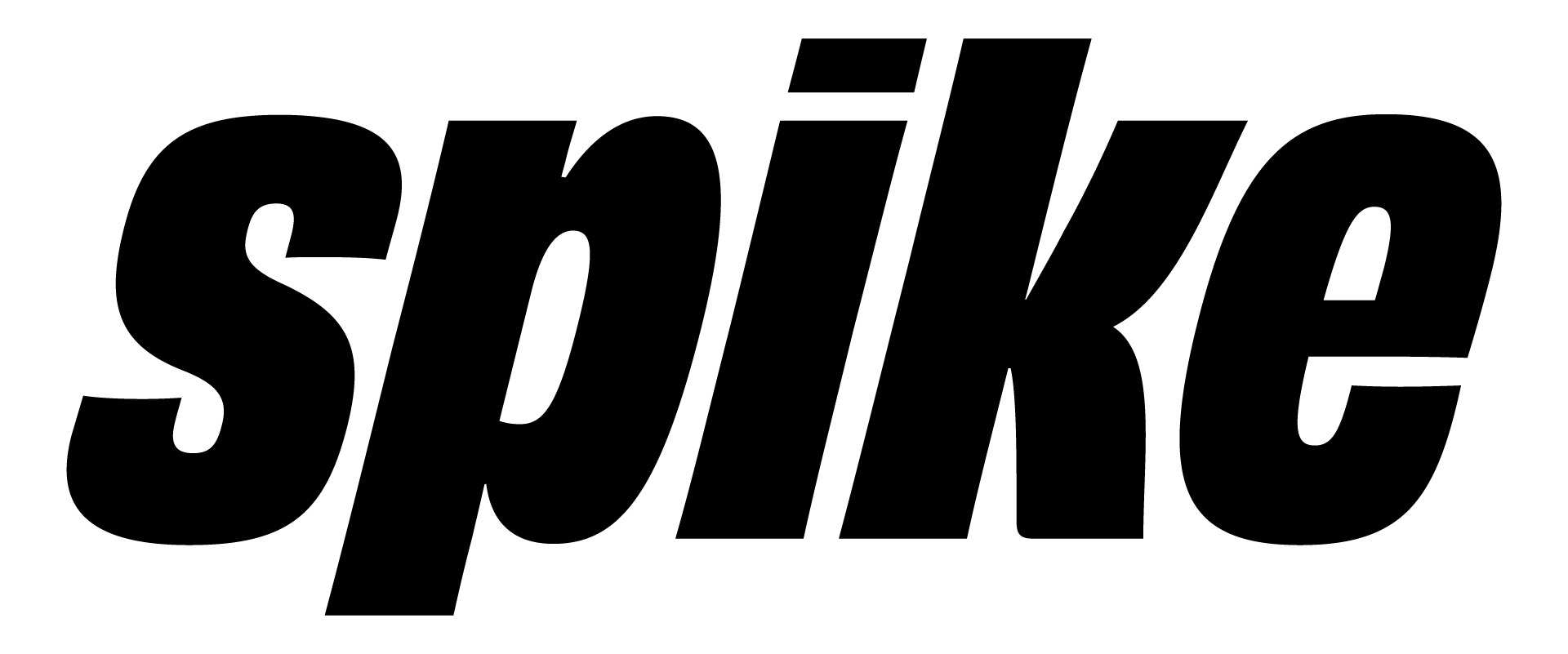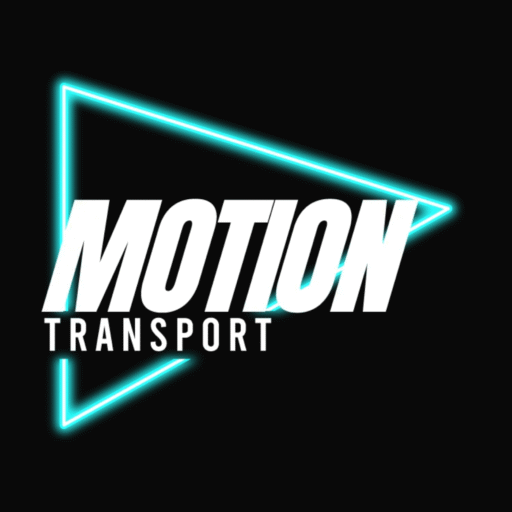By 2019, 70% of train passengers should have access to the faster technology, the Department for Transport added. Passengers may be able to watch streamed videos on their mobiles, for example, if the plan to raise data capacity per train 25-fold succeeds. The programme will be industry funded.
"Today's announcement marks the beginning of the end of poor coverage on our railways," Mr McLoughlin said. A Network Rail spokesman added: "As an industry, we recognise that the limited availability of mobile communications on Britain's rail network is not good enough. If rail is to remain a preferred mode of transport, this must be addressed, which is why today's announcement is good news for the millions of people who travel by train each day."
Network Rail is in the middle of a £1.9bn digital communications improvement programme that is upgrading both its fixed line and mobile infrastructure. A new fibre optic network should be capable of handling up to 192,000 gigabit per second (Gbit/s) of data once the upgrade is complete in June 2014. The Rail Safety and Standards Board has forecast that the telecommunications demand on Britain's railways could rise to 200Gbit/s by 2018, which would still leave plenty of spare capacity on the upgraded system.
Source: BBC News







